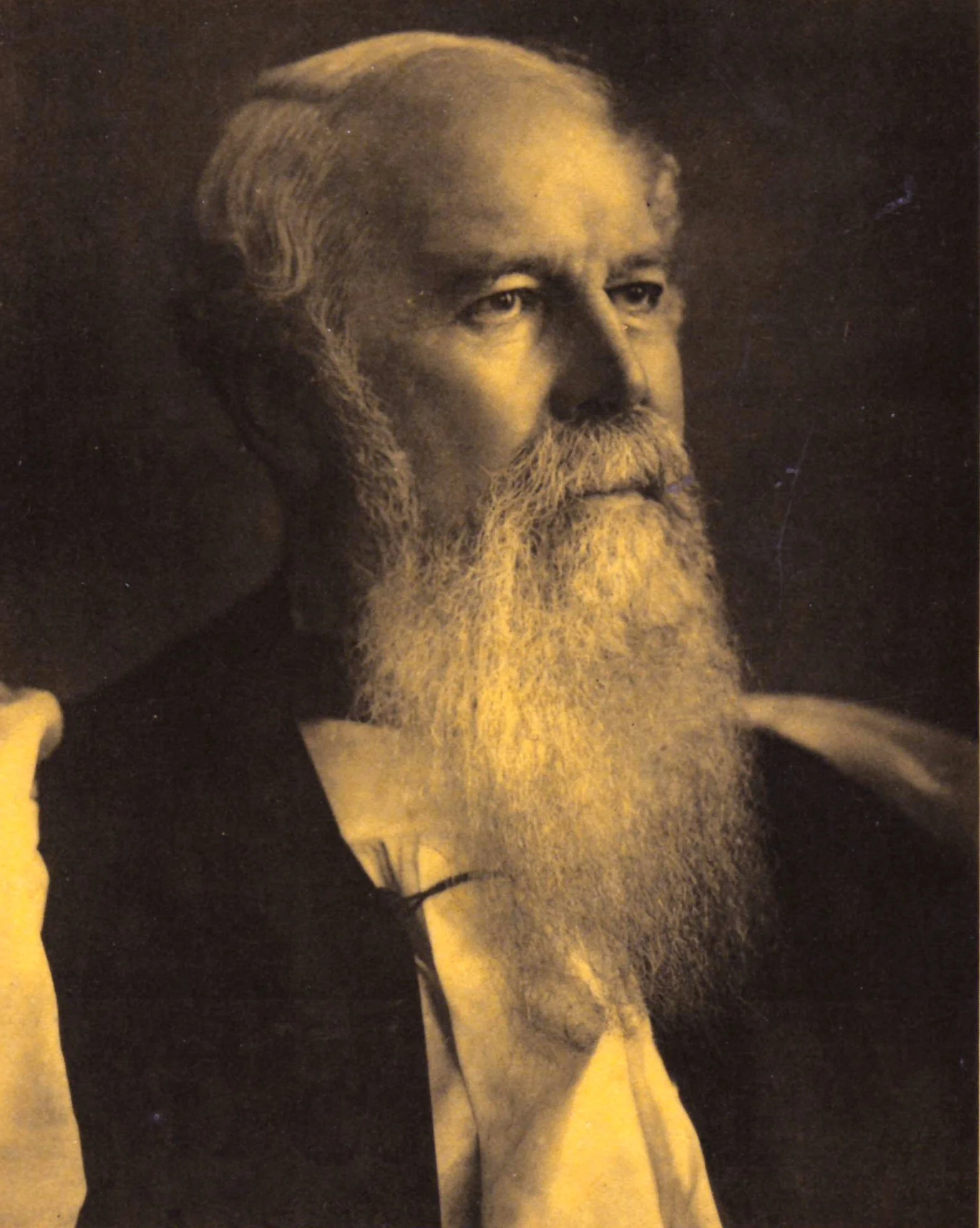Key Bible Passage(s):
John 1:14; 8:40-45; 14:6; 18:37 & Matt.5:33-37
Tier 1:
Jesus is the very embodiment and personification of truth. He is truth, knows the truth and speaks the truth and He loves the truth. He bears witness to the truth. He knows truth, all truth, and He sees reality as it truly us. He judges justly, i.e. in accordance with the reality that He sees and the truth He knows. And He hates deceit and dishonesty. He never makes wrong assessments about others, or attributes wrong motives, or says anything about them that is false, either intentionally, or unintentionally. And He never misrepresents people or lies about them. And we are learning to be like Him.
Tier 2:
TO live like this in a fallen world is far harder than you might think. We have normalized deceit and dishonesty at an endemic level. We are deeply cynical, and regard as gullible those who don’t realize that people will lie to them to varying degrees. We expect it from media, from ‘experts’, from political party mandates (who’s surprised when politicians don’t deliver on their election promises?). Phrases such as ‘fake news’, ‘misinformation’, and the existence of solicitors and complex contracts with fine print all alert us to the fact that our world is steeped in shades of truth, which is another way of saying, shades of deceit. We need to understand why, and how we can disentangle ourselves from systemic falsehood.
Tier 3:
Alongside this relentless commitment to truth in our dealing with and speaking of others (including Christ!), is Jesus’ teaching on taking oaths. The fact that we feel the need to take an oath in order to convince someone to belies us is a telling indictment. He calls us to be those who are so trustworthy that we don’t need to reinforce our words. They stand on their own merit because we are people of truth in all our dealings.
Think about how much falsehood and deceit there is in the world! How much exaggeration! How many untruths are added to a simple story! How many things are left out, if it does not serve the speaker's interest to tell them! How few there are around us of whom we can say, that we trust their word without question!
J.C.Ryle
Group Discussion
What do you make of the Bible’s attributing deceit to the action of God (see e.g. I Kings 22:19-23; II Thess.2:9-12)?
How do you feel about the Lord’s hating certain behaviours, and those characterised by them (e.g. Ps.5:4-6; Prov.6:19)? How does that hatred find expression?
How do you reconcile this sort of language with the idea of a God who is love (I Jn.4:8)? How does this shape our worship? …and our discipleship?
Does speaking of the Lord’s hatred of sin create a sense of urgency in your pursuit of holiness? Do you think it should? Is this a helpful way to inspire our fight against sin?
And later in the session
Where in life do you simply expect to be lied to?
What about instances in the Bible where people seem to be commended for lying? (e.g. Josh.2:2-5, Heb.11:31. or see also: Ex.1:18-19; Jer.38:24-27 etc.)
How does this shape our response when someone asks us to use their preferred pronouns?
Why does telling the truth so often require such courage? How can we cultivate that courage?
How realistic is Jesus’ / the Law’s vision for truthfulness?
Homework
Over this half-term we are working to memorise Matthew 5:21-26. You will have to keep refreshing Matt.5:1-20, Matt.6:5-15 and Matt.7:7-12 whilst you do this.
(we’ll memorise the whole of the Sermon on the Mount over the 3 years of DTP)
To Be A Christian: Q&A 339-348
watch the last in the series by Matthew Mason exploring the war against our old creation, fallen humanity:




